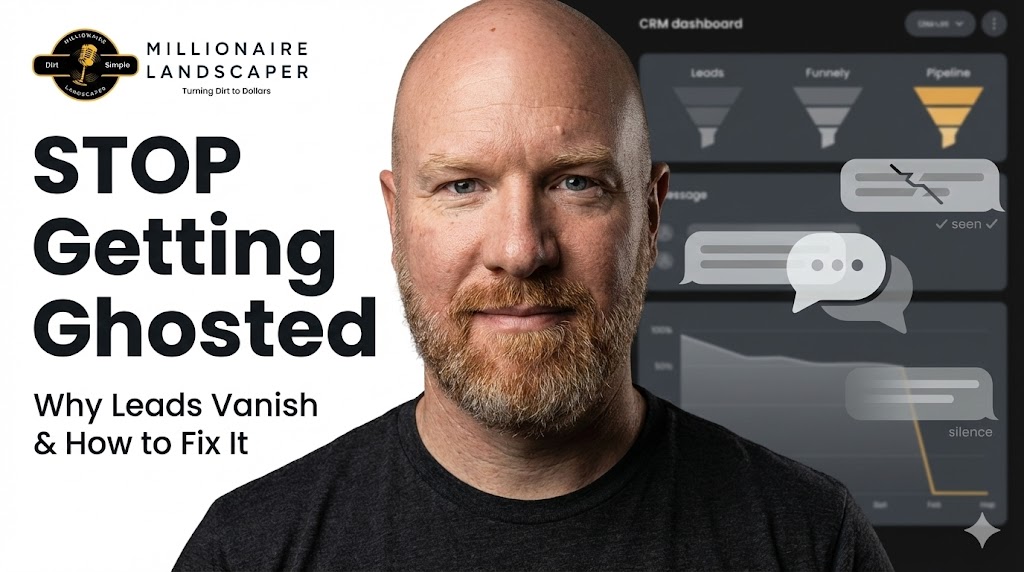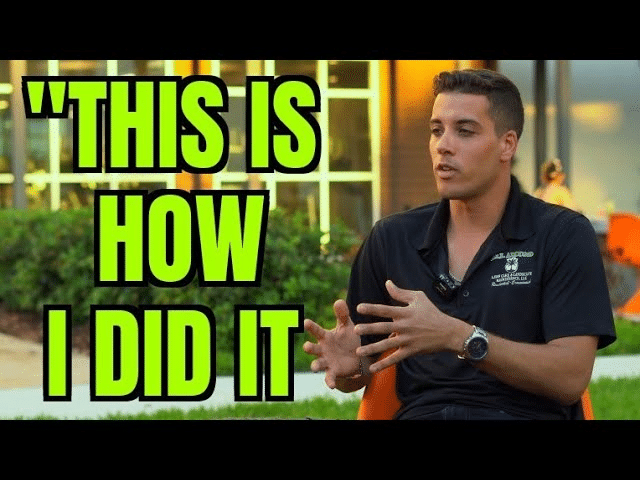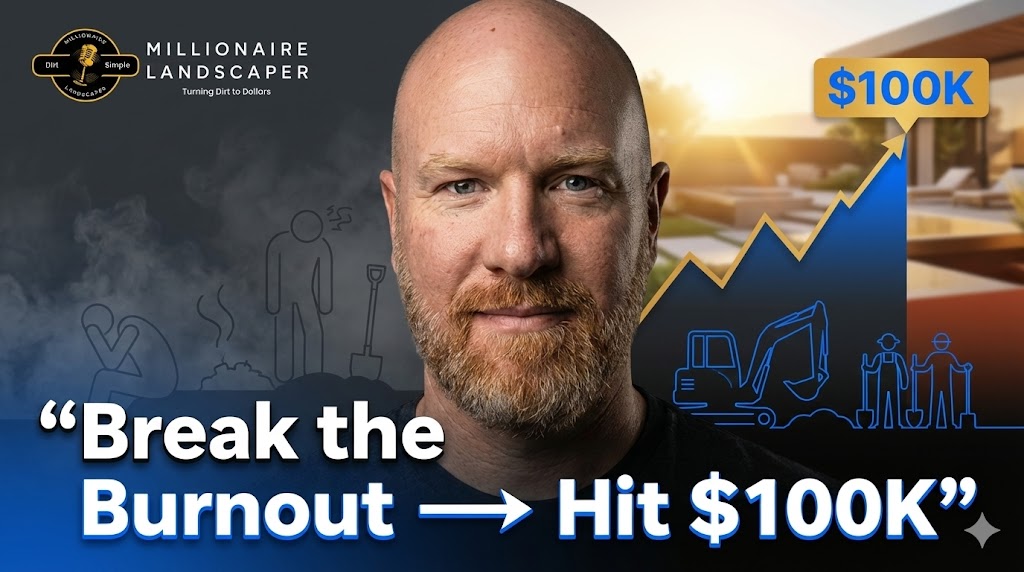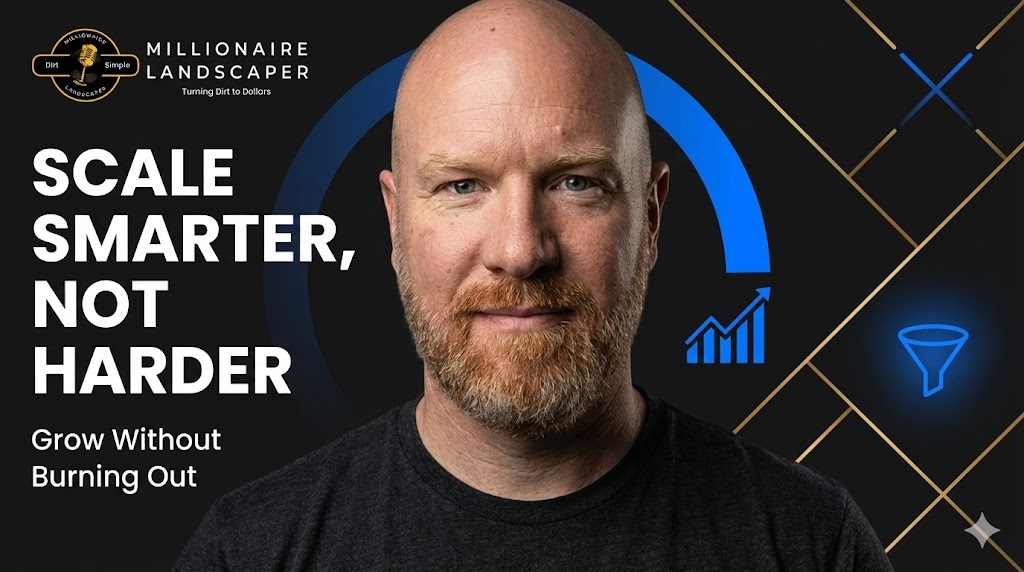If you’ve ever scratched your head wondering why a seemingly solid lead went silent, you’re not alone. Every contractor—from seasoned pros to rising small-business owners—has faced being ghosted by leads: a homeowner who stops responding without explanation.
The good news? It’s not because you’re broken or bad at what you do. It’s because your sales process needs a few simple (but critical) tweaks. Let’s break down the five most common reasons why homeowners ghost contractors—and how to fix each one for good.
How to Stop Getting Ghosted by Leads
1. You’re Not Pre-Qualifying Leads Properly
Pre-qualifying isn’t just a formality; it’s a time-saving, deal-closing necessity. When contractors fail to pre-qualify leads—asking key questions about budget, timeline, job type, and location—they end up chasing people who were never serious buyers in the first place. As Neil explained in the podcast, proper qualification should start before you even get on the phone.
Here’s the twist: you don’t need a full-time office manager to handle this. Thanks to AI tools, even small operations can automate their intake process, using voice and text AI that pre-qualifies leads on autopilot. Whether it’s collecting job scope or verifying budget, smart AI systems are now outperforming call centers and never forget a detail. This simple shift can save you hours per week and significantly boost your closing rate.
2. You’re Selling Like a Technician, Not a Trusted Advisor
A critical mindset shift contractors need is understanding that homeowners don’t always buy technical specs—they buy outcomes. If you’re going into every estimate dumping gravel ratios and retaining wall specs without first understanding your customer’s vision (family barbecues, safe play areas for kids, beautiful curb appeal), you’re likely missing the sale.
The best sales pros know how to read their audience. Some customers do want the nitty-gritty, especially engineers and technically-minded homeowners. Others are all about the vibe, the aesthetic, and the feeling of security. The magic happens when you match your pitch to their priorities and build trust by guiding them—not impressing them.
3. You’re Not Following Up (or You Stop Too Soon)
A shocking 80% of sales are made after five or more follow-ups. Yet most contractors give up after one or two attempts. That’s a major leak in your sales pipeline. Implementing a structured follow-up process with texts, calls, emails, and even retargeting ads can keep you top of mind.
Consider using a CRM with a visual pipeline—like a Kanban board—to track where every lead stands: new inquiry, estimate scheduled, proposal sent, follow-up, closed, or lost. Tools like Phantom Pipes or Jobber make it easy to stay organized and never let a warm lead go cold. Don’t forget long-term nurturing sequences, either—monthly emails featuring job highlights and testimonials keep your name in front of prospects for years.
4. Your Pricing Doesn’t Match Your Brand
One major reason homeowners ghost contractors is pricing that doesn’t align with perceived value. You can’t charge Whole Foods prices with a Chuck-in-a-truck presentation. The visual cues of your business—branded vehicles, professional attire, itemized estimates, and a well-designed website—all shape how trustworthy and valuable you appear.
If you’re a small team, that’s okay. Use your agility and personal touch as your brand strength. But be honest about where you are in the market: are you the DIY helper, the one-man crew, the Costco-level trusted provider, or the high-end, full-service firm? Your price needs to reflect your overhead, but your presentation needs to match your price.
5. You Don’t Ask for the Close
Finally, perhaps the simplest reason you’re not closing jobs: you’re not asking for the close. Many contractors go through an entire bid, build rapport, and then just say, “Let me know what you want to do.” That’s not closing—that’s hoping.
A respectful, confident close might sound like: “We’d love to get you scheduled for July while we still have spots—shall we reserve your space with a deposit?” This isn’t pushy; it’s professional. During peak season, using real scarcity is not just effective—it’s honest. Let homeowners know your schedule is filling up and the sooner they commit, the sooner they secure a spot. Just make sure your urgency is legitimate, not a gimmick. The line between professional urgency and sleazy pressure tactics is one you never want to cross.
All of these are a huge reason as to why landscaping business owners are stuck and not growing their business.
Bonus Tip: Sales Is a Process Problem, Not a Personality Problem
A common myth in contracting is that only charismatic salespeople can close. Not true. What actually closes deals is process: qualifying, matching your pitch to the buyer, following up relentlessly, pricing appropriately, and closing with clarity. Whether you’re outgoing or introverted, these are steps anyone can follow.
If there’s one thing to take away, it’s this: most of your “sales problems” are actually process problems. Fix the process and the sales will follow.
In Summary: Stop Getting Ghosted, Start Closing
Homeowners ghost contractors for a few key reasons: they don’t feel understood, they lose trust, they don’t see value, or they just never get followed up with. But you now have the tools to solve every one of these issues.
So here’s your action plan:
-
Pre-qualify every lead—with AI if possible.
-
Match your sales style to the buyer—technical or emotional.
-
Follow up like your business depends on it—because it does.
-
Align your price with your brand—and sell your value.
-
Ask for the sale—every single time.
These five changes can radically improve your close rate—and help you stop spinning your wheels with dead-end leads.
Want more support? Join the Millionaire Landscaper Facebook Group and get access to tools, tips, and a community of pros who are growing and scaling just like you. Until next time—keep turning dirt into dollars.





